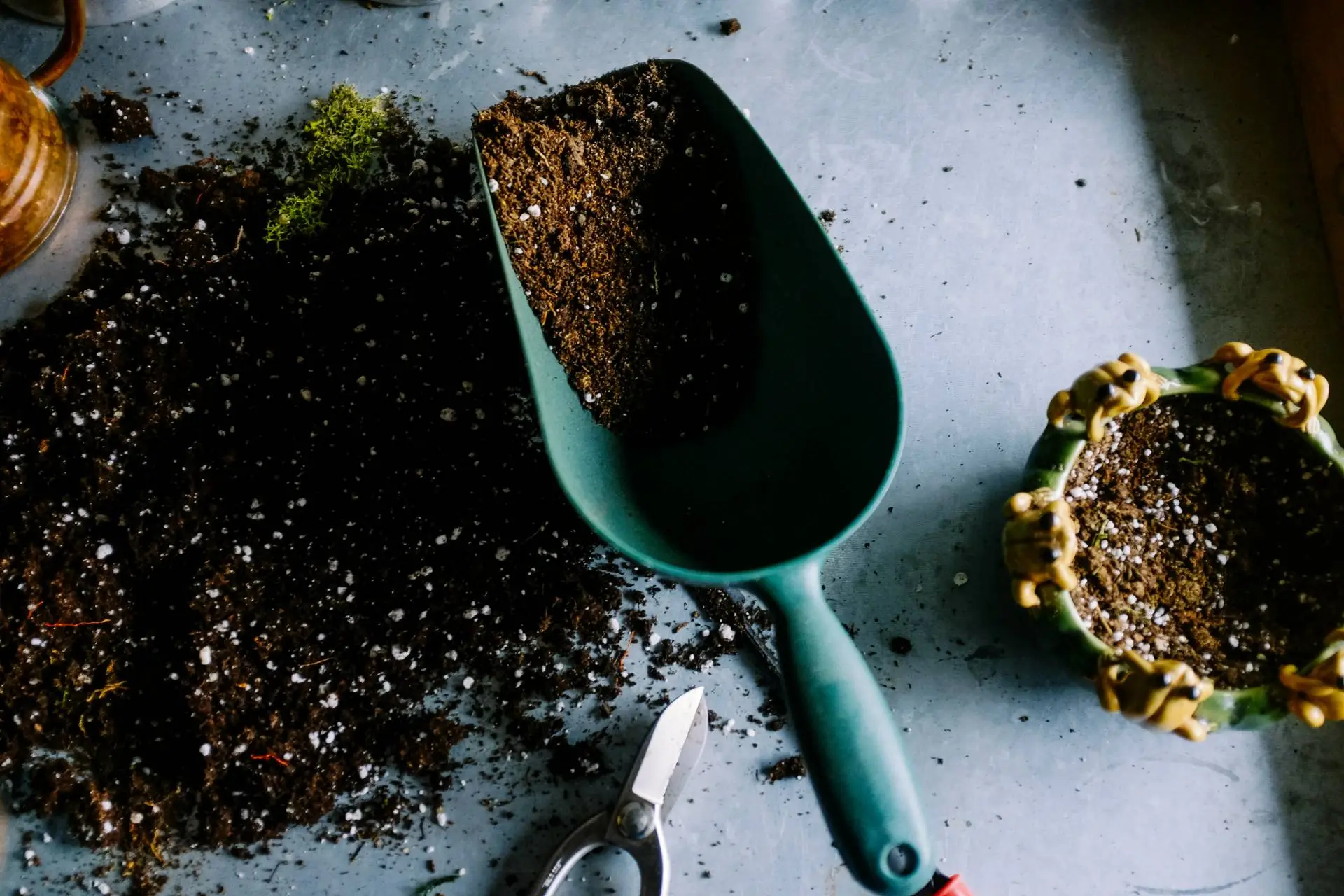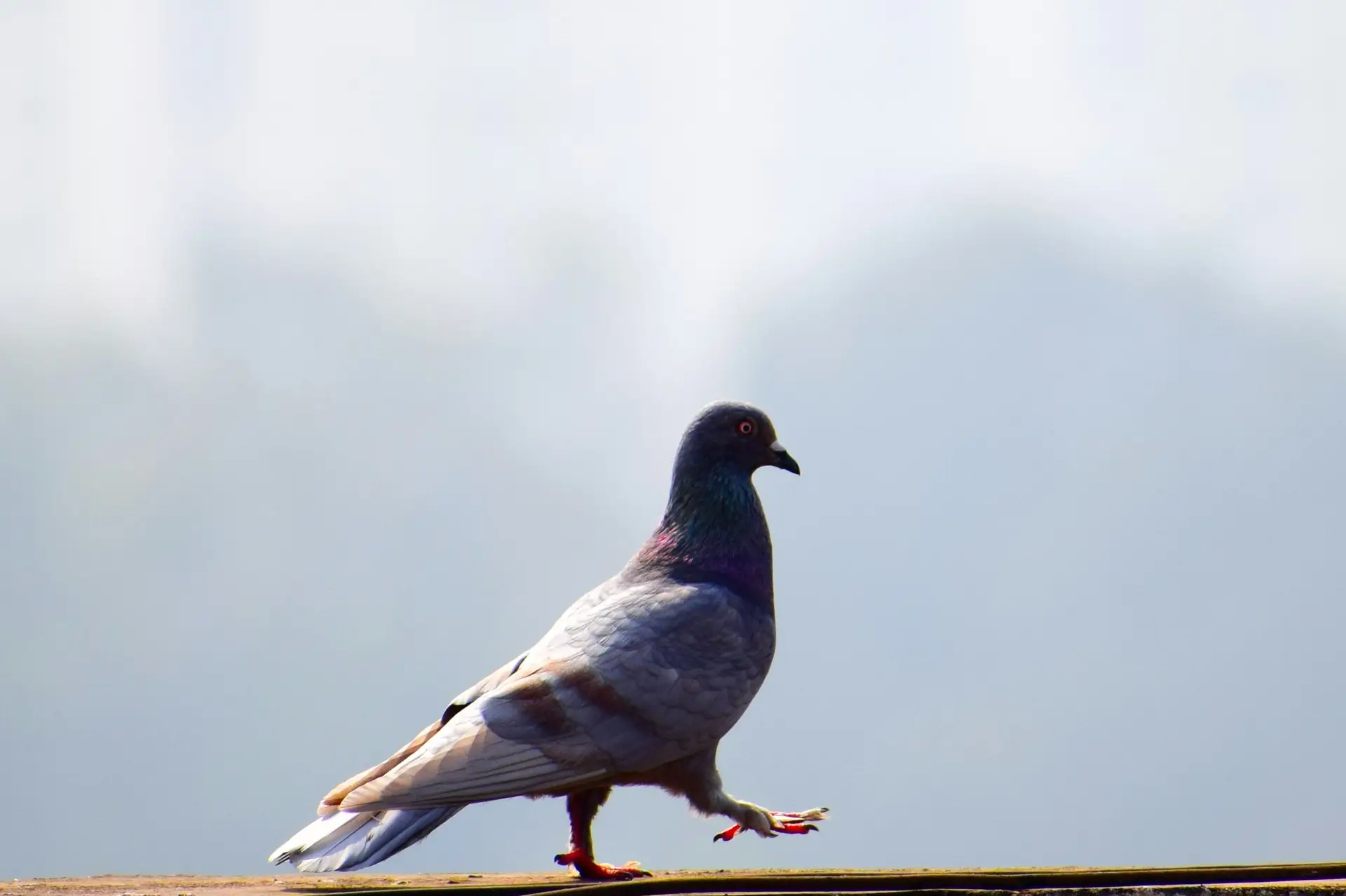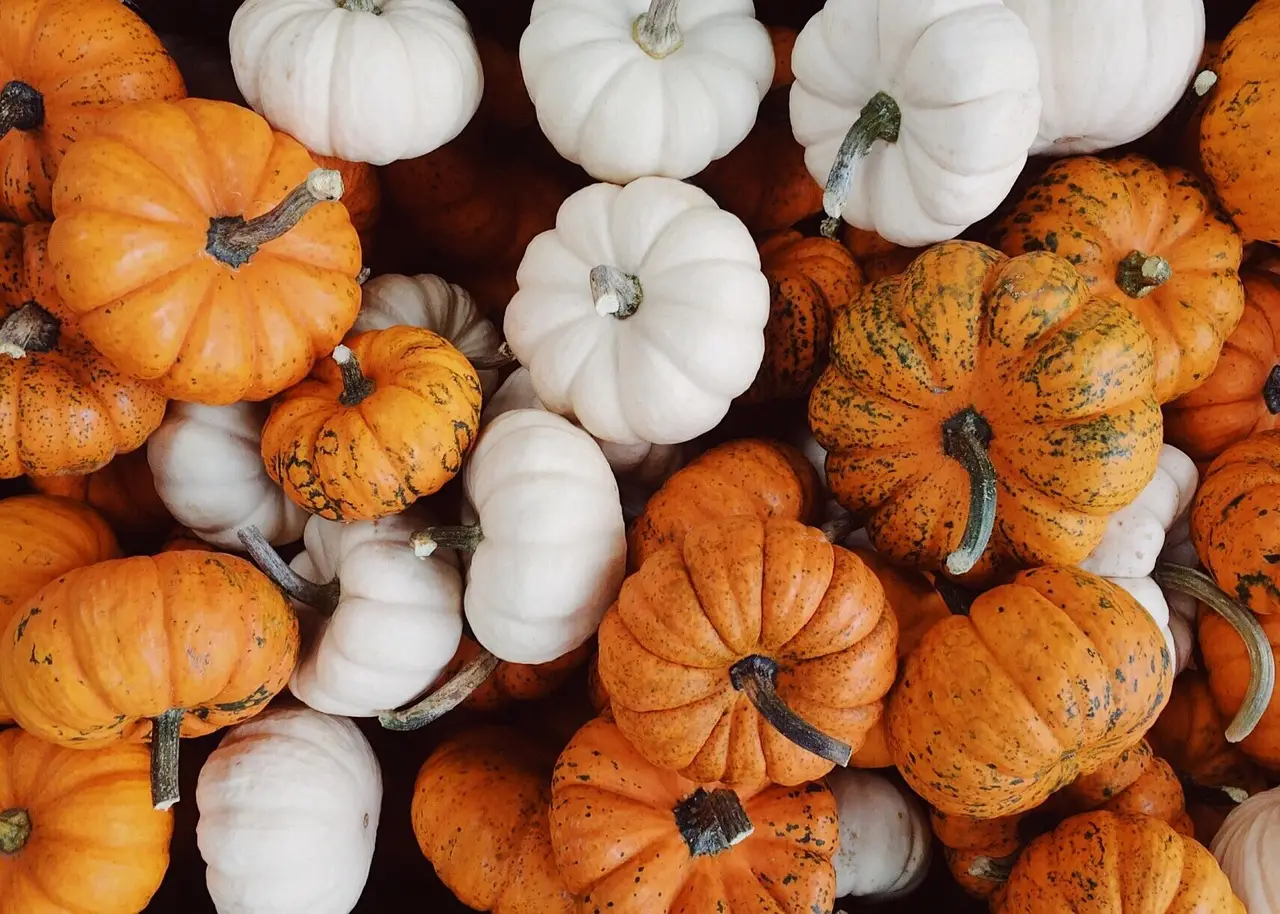The Importance of Seasonal Gardening
Seasonal gardening is essential for maintaining a healthy and balanced garden throughout the year. By adapting your gardening practices to each season, you can optimize plant growth, prevent common issues, and ensure a vibrant garden. Each season offers unique opportunities and challenges, making it crucial to stay informed and prepared.
Spring Gardening Tasks
Spring is a time of renewal and growth, making it the perfect season for planting and preparing your garden. Consider these key activities:
Planting Bulbs
Spring is the ideal time to plant bulbs such as tulips, daffodils, and hyacinths. These bulbs should be planted in well-drained soil before the last frost to ensure they bloom beautifully in the coming months.
Pruning Shrubs
Pruning shrubs in early spring encourages healthy growth and removes any dead or damaged branches. Focus on shaping the plants and promoting new growth, but avoid heavy pruning of flowering shrubs until after they have bloomed.
Preparing the Soil
Spring is also a great time to prepare your soil for planting. Add compost or organic matter to improve soil fertility and structure. Test soil pH and make adjustments if necessary to create optimal growing conditions.
Summer Gardening Care
Summer requires consistent care to keep your garden thriving despite the heat and potential pests. Here’s how to manage your garden during the warmer months:
Watering Regularly
Proper watering is crucial during the summer months. Water your garden early in the morning or late in the evening to minimize evaporation. Ensure plants receive enough water to cope with the heat and prevent stress.
Pest Control
Monitor your garden for pests and diseases regularly. Use organic or chemical treatments as needed, and consider natural pest control methods like introducing beneficial insects or using neem oil.
Mulching
Apply mulch around plants to help retain soil moisture and regulate temperature. Mulching also suppresses weed growth and adds organic matter to the soil as it breaks down.
Preparing Your Garden for Autumn
Autumn is a time to prepare your garden for winter and wrap up the growing season. Follow these steps to get your garden ready for the colder months:
Harvesting Crops
Collect all ripe fruits, vegetables, and herbs before the first frost. Harvesting before the cold sets in ensures that your produce is at its peak and prevents damage from frost.
Mulching and Composting
Mulch garden beds to protect the soil over winter and help retain moisture. Start a compost pile with fallen leaves and plant debris to enrich your garden soil for the next growing season.
Cleaning Up
Remove spent plants, weeds, and debris from your garden beds. This helps prevent pests and diseases from overwintering and keeps your garden clean and ready for spring.
Winter Gardening Projects
Winter may seem like a quiet time for gardening, but it’s an excellent opportunity for planning and preparation. Consider these winter gardening activities:
Planning for Next Year
Use the winter months to plan your garden for the upcoming year. Research new plants, design your garden layout, and order seeds or plants for spring planting.
Indoor Gardening
If you miss gardening during the winter, try growing plants indoors. Consider starting a small herb garden or using a greenhouse to grow winter crops like lettuce or spinach.
Garden Maintenance
Check on any garden structures or equipment that may need repair. Winter is a good time to clean and maintain tools, fix fences, and prepare any outdoor spaces for the next growing season.




